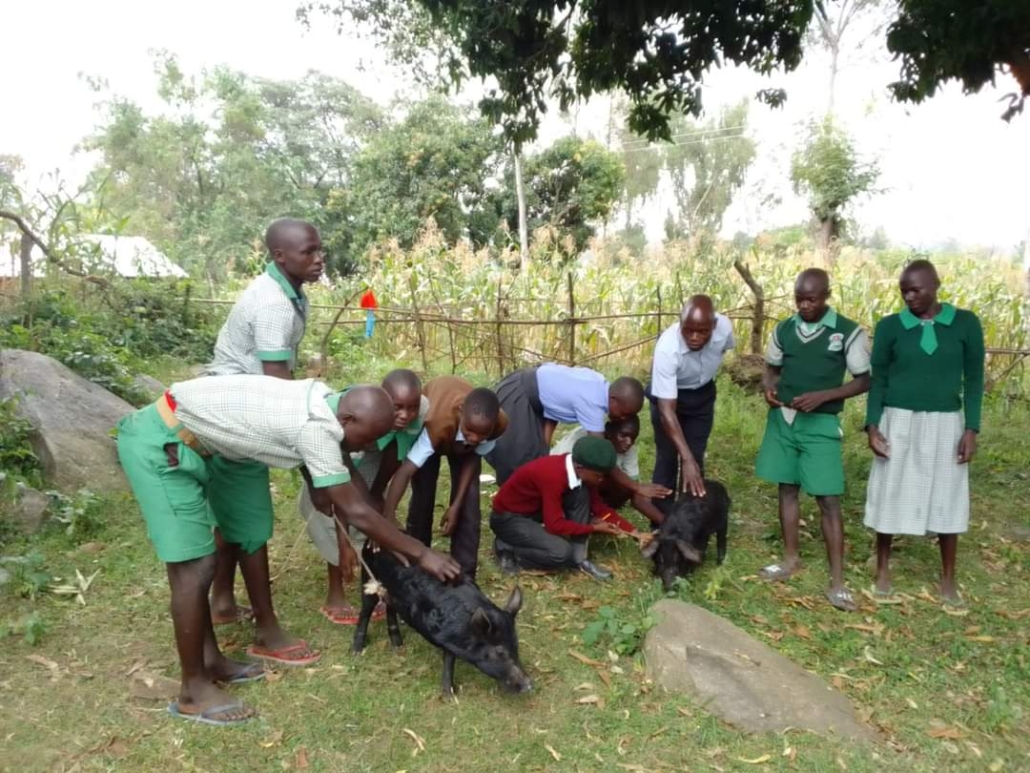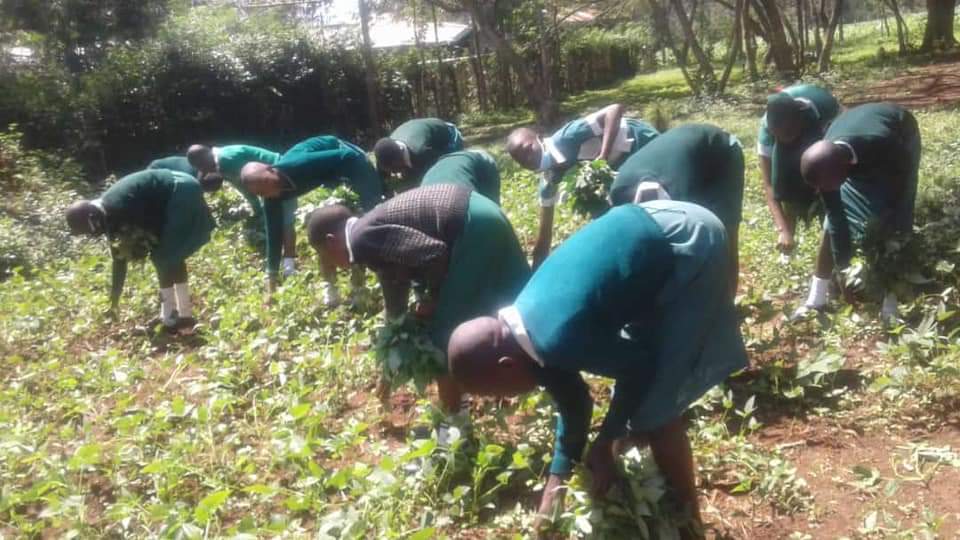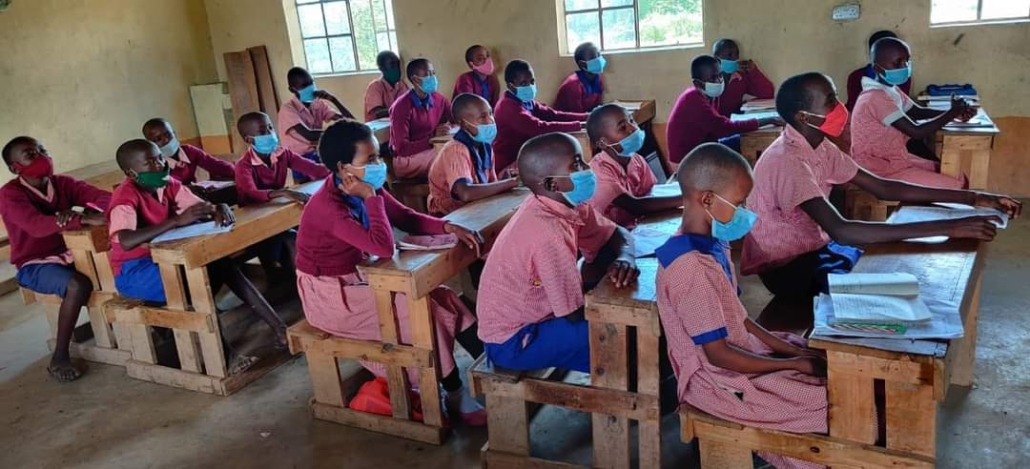Day of the African Child 2024
The Day of the African Child is commemorated every year on 16 June since 1991. On this day we remember black high school students who participated in the Soweto Uprising in South Africa in June 1976 when they began a series of demonstrations and protests against education injustice and inequality during the apartheid regime. It is estimated that about 20,000 students took part in the protests. They were met with police brutality and many were shot and killed. Thus, 16th June every year is held in honour of The African child.
According to the African Union, the theme for the Day of the African Child in 2024 is “Education for all Children in Africa: the Time is Now” aligning with the African Union’s Year of Education, which focuses on building resilient education systems to ensure increased access to inclusive, lifelong, quality and relevant learning in Africa.
Many children in Africa have come a long way as some have gone through abuse and exploitation just because of the need to survive and because of families’ economic challenges. Thus, many children did not attend school and had to work to help boost household incomes. People took advantage of the families’ vulnerable situations and ended up employing both children and their parents. Also, children were involved in the Worst Forms of Child Labour with meagre pay. They were also trafficked and sexually exploited. Some years back, ANPPCAN coined a slogan, “Adults to Work and Children to School.” This was a campaign to withdraw children from child labour and enroll them back in schools. Through this campaign, ANPPCAN made great strides in ensuring that children were in school in many communities, e.g. Kiambu, Muranga, Maragwa, Kericho, Homa Bay, Siaya, etc. in Kenya.

Children in a school in Busia County admiring the school’s Income Generating Activity (IGA) Pigs project
ANPPCAN has also made efforts to combat both internal and cross border trafficking of children by implementing an Anti- child trafficking project targeting border areas such as Busia, Moyale, Marsabit and Loitokitok. Here, ANPPCAN worked with the police, the courts and communities to ensure the safety and protection of children from trafficking. Perpetrators were arrested and prosecuted. The project was implemented through effective response to address trafficking by use of the four following strategies, commonly known as the 4Ps: Prevention of trafficking; Protection and assistance to victims of trafficking; Prosecution of the perpetrators of trafficking in persons and formation of Partnerships to fight the vice.
Through the Child Participation Programme in Busia and Loitoktok in Kenya, Child Rights Clubs and Child Help Desks have been established in schools to empower children on their rights and responsibilities, including the right to education and reporting of absenteeism of children at school at the Child Help Desks in schools.
Similarly, through the Parents Economic Empowerment Programme, which is also implemented in schools, parents have been empowered economically through a saving and loaning scheme. This way many parents have been able to meet household needs and obligations and also supported orphans and vulnerable children with school uniforms and education materials.
All these efforts by ANPPCAN, while also working with partners and Government Ministries and Departments, such as, Education and the Directorate of Children Services (DCS) have enabled thousands of children to be enrolled in schools to learn and benefit from educational activities and programmes.
The PEEP Programme of ANPPCAN has taken these activities to another level, where children and to some extent parents have taken the skills to undertake activities as demonstrated by below pictures where vegetables and crops are being harvested.

Pupils harvesting vegetables from the school farm to sell to the community – an IGA project. Funds received goes towards supporting orphans and vulnerable children.
However, we are yet to achieve Education for All as until today, there are some children still lagging behind in education in Africa because some countries do not put much emphasis on funding education so as to attain quality education. There are schools that lack teaching staff, laboratories, internet, school equipment, etc. Yet at the end of the year, all students are expected to undertake the same national examination. How do you expect children in marginalized or underdeveloped areas to perform with such disparities? We also need equality in education and funding. This should also be Now!
ANPPCAN is grateful to all our partners, who have supported us in various ways to prevent and protect children from all forms of abuse and exploitation and to provide services to children and their families. For more information on our work in child protection, please read our Strategic Plan 2023-2028 and our Annual Report, 2023. (www.anppcan.org).

Children in class in a school in Loitokitok in Kajiado County. The right to education for every child cannot be overemphasized
